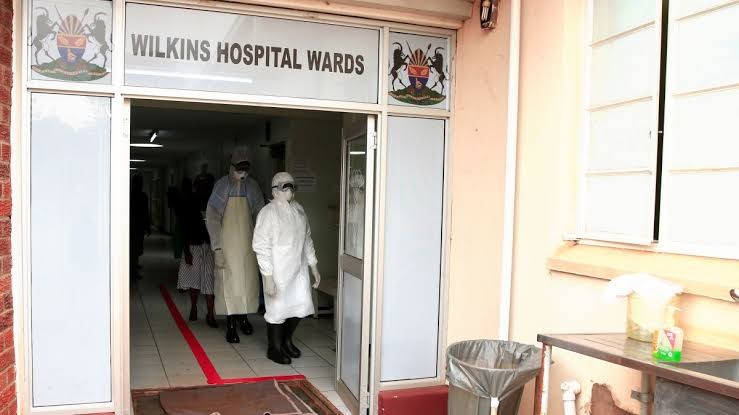Zimbabwean authorities began the enforcement of a three weeks lockdown to prevent the spread of the Coronavirus pandemic in the country.

President Emmerson Mnangagwa declared a 21-day “total” lockdown from Monday curtailing movement within the country, shutting most shops and suspending flights in and out of Zimbabwe.
Police mounted checkpoints on routes leading to Harare’s central business district, stopping cars and turning away pedestrians who had no authorisation to be in the area.
Elsewhere truckloads of metropolitan and national police armed with batons were on patrol, ordering people back to their homes.
“We don’t want to see people here on the streets. We don’t want to see people who have no business in town just loitering,” a policewoman said through a loud hailer. “Everyone to their homes.”
Her colleagues, in riot gear, dispersed people standing in small groups at the Copacabana minibus terminus, which is usually abuzz with people including foreign currency dealers.
In the township of Mbare, the usually bustling terminus for long-distance buses was deserted with only municipal street cleaners sweeping the empty bus ranks.
A traditionally busy downtown area of Harare referred to as “The Third World” resembled a ghost town with few people on the streets. Most shops had their shutters down.
For many of the country’s 16 million people, who are already suffering a grim economic recession, the lockdown means even tougher hardship.
With unemployment rate estimated at around 90 percent, most Zimbabweans have informal jobs to eke out a living and few have substantial savings.
Some were trying to leave the city for rural villages.
“We would rather spend the 21 days at our rural home, where we don’t have to buy everything. I can’t afford to feed my family here when I am not working,” said Most Jawure.
“We have been waiting here for more than two hours but there are no buses,” Jawure told AFP while standing with his wife and daughter beside a bulging suitcase.
AFP

